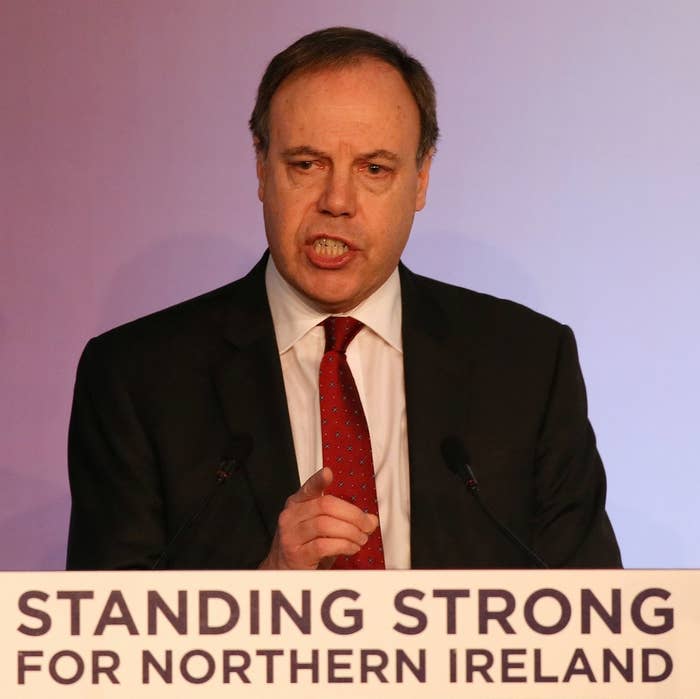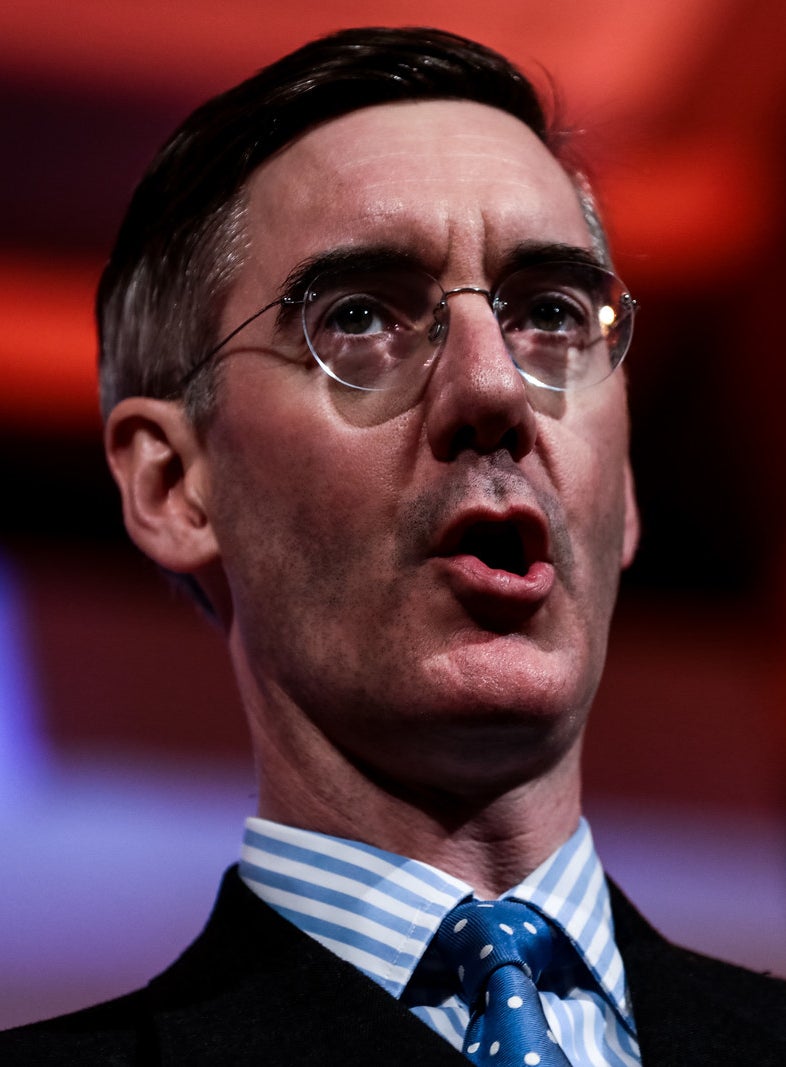
Conservative Brexiteers have scaled back their hostility towards Theresa May in a significant shift in mood at Westminster, after the prime minister ruled out a second referendum and ramped up planning for a no-deal Brexit.
Just days after they attempted to oust her in a confidence vote, with 117 voting for her to go, Brexiteer MPs called a Christmas truce as they queued up to express support.
Tory Eurosceptics backing the PM have split into two camps. There are the “waverers” who have signalled they could be won round to May’s deal by guarantees on the backstop that she is seeking from the EU.
Then there are the more hardline “no-dealers” who still oppose May’s deal but are backing her after she pushed the button on £2 billion of spending preparations for leaving without a deal. They regard that scenario as preferable to her deal and so are happy to watch the clock tick down.
The Democratic Unionist party’s opposition to the prime minister has also appeared to ease slightly. DUP MP Gavin Robinson told the BBC’s Good Morning Ulster programme on Tuesday that the party is “working with the PM” on its demands on her Brexit deal, and that “she has indicated that she will get these assurances”.
A Eurosceptic Tory source said DUP deputy leader Nigel Dodds had privately been more conciliatory in recent days.

But as Brexiteers relented, Remainers threatened to bring down May’s government if she pivoted to a no-deal Brexit. Nick Boles, who has been calling for a softer Brexit, tweeted: “If at any point between now and 29 March the government were to announce that ‘no deal’ Brexit had become its policy, I would immediately resign the Conservative whip and vote in any way necessary to stop it from happening.”
A number of Leave MPs are indicating they could climb down on their opposition to the withdrawal deal. They are susceptible to arguments by the PM that hers is the hardest form of Brexit they are likely to get, and that voting down her deal risks no Brexit at all.
This group first made its presence felt on Monday in the Commons, where several Tory MPs who previously rejected the withdrawal agreement suggested they could vote for it in January. Will Quince, who resigned as a government aide to oppose the deal, told May: “I want to support this deal”, adding that MPs must “give her time” and that if she secures concessions on the backstop “I will stand four-square behind her”.
Edward Leigh said May should “keep calm and carry on”, advising her that “many of us who have been sceptical about the deal so far could be persuaded to vote for it” if further clarifications were agreed. Michael Fallon, another deal opponent, implied he could support it if assurances were given on the timetable for negotiating the UK’s future relationship with the EU.
Two Brexiteer MPs who oppose the deal told BuzzFeed News that they could be convinced to vote for it if May promised to step down and let a new prime minister conduct the future negotiations.
This is a view shared by several cabinet ministers. Attorney general Geoffrey Cox has reportedly told fellow ministers that May must be “removed” after April so others can “take over” the Brexit talks. Foreign secretary Jeremy Hunt has said May’s job is to “get us through this challenging next few months”.
“The way of getting the deal through is by promising to stand down in April,” one MP said. “The only thing colleagues are truly united on is that they don’t want her in charge of the next round of negotiations,” another said.
The second group of Brexiteer “no-dealers” still oppose May’s deal but will give her time after being buoyed by the government’s decision to ramp up preparations for a no-deal Brexit.

Speaking to the BBC's Today programme on Tuesday morning, arch-Eurosceptic Jacob Rees-Mogg said he would back the government if Jeremy Corbyn called a confidence vote. “I would have thought, actually, the prime minister is at greater risk in a vote of no confidence from people who see themselves as pro-EU in the party than people who see themselves as Eurosceptic,” he said.
Around 30 of these MPs held a meeting on Monday night in which there was no sign of anyone coming round to May’s deal, but as one member present put it, “the pressure is off for now”.
They have been encouraged by the PM’s decision to slap down her allies who had been exploring the idea of a second referendum, and her insistence that the UK will be leaving the EU on March 29 either with her deal or no deal.
May answered 46 questions from Conservative backbenchers after her statement to the Commons on Monday, ruling out a second referendum eight times, signalling Article 50 would not be extended four times, but — notably — not ruling out leaving without a deal.
These Brexiteers also say the leadership jostling in the cabinet is helping their cause, as 11 senior ministers this week indicated they could back no-deal if the PM’s deal is rejected. To survive last week’s confidence vote by her own MPs, May had to promise that she would stand down before the next election.
They believe that, with no-deal the default outcome if no other solution is found, their position is not harmed by giving May further time to negotiate on the backstop.
“It is the second-reffers who have been trying to force things this week,” said one former minister. “They wanted the indicative votes, they wanted the meaningful vote brought forward, and the Lib Dems and SNP wanted a confidence vote that would have failed, all because they know time is running out for a second referendum and the clock is ticking down to no-deal.”
